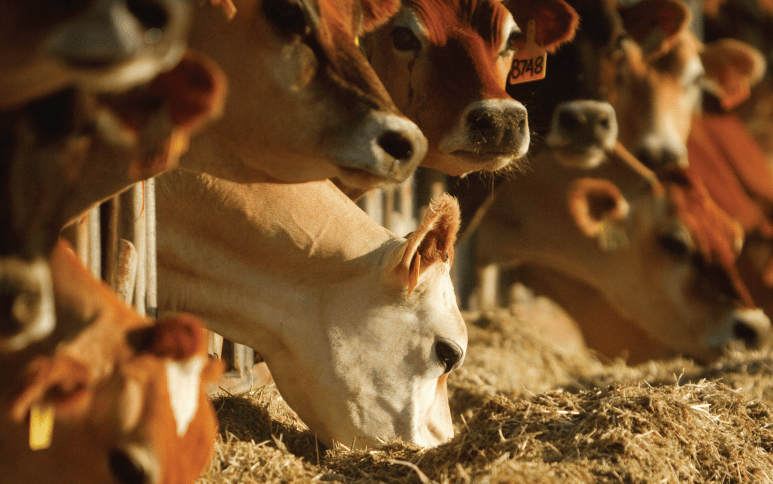China has yet to implement some of its most important agricultural commitments agreed to in the Phase One Agreement with the United States, noted the White House Trade Representative (USTR).
Among those failures are those related to agricultural biotechnology and the completion of a risk assessment regarding the use of ractopamine in cattle and swine.
In January 2020, the two countries signed this agreement with the goal of initiating a process to end the trade war that both powers initiated in 2018.
As part of the Phase One Agreement, China made several commitments in energy, manufacturing, intellectual property, investment and forced technology transfer, while increasing U.S. access to agriculture and financial services.
In return, the United States committed to lowering some tariffs on Chinese goods.
Agricultural commitments
«While China complied with the implementation of some provisions of the Phase One Agreement, it has not yet implemented some of the most important commitments,» USTR said in its Foreign Trade Barriers 2024… report.
With respect to agricultural trade, for example, the Phase One Agreement addresses many non-tariff barriers and has expanded market access for a variety of U.S. food, agricultural, and fishery exports.
In particular, China implemented significant reforms in certain agricultural sub-sectors, such as meat and poultry products, and in facility registration.
In addition to reneging on certain agricultural commitments, USTR questioned whether China fell far short of implementing its commitments to purchase certain quantities of specific U.S. goods and services in 2020 and 2021.
U.S. Economy
«Importantly, it is clear that the Phase One Agreement has not led to fundamental changes in China’s state-led, non-market trade regime or its harmful impact on the U.S. economy and U.S. farmers, ranchers, workers, and businesses,» USTR said.
In fact, many of the commitments in the Phase One Agreement reflected changes that China had already been planning or implementing for its own benefit or that otherwise served its interests, such as changes related to intellectual property protection and the opening of more financial services sectors.

